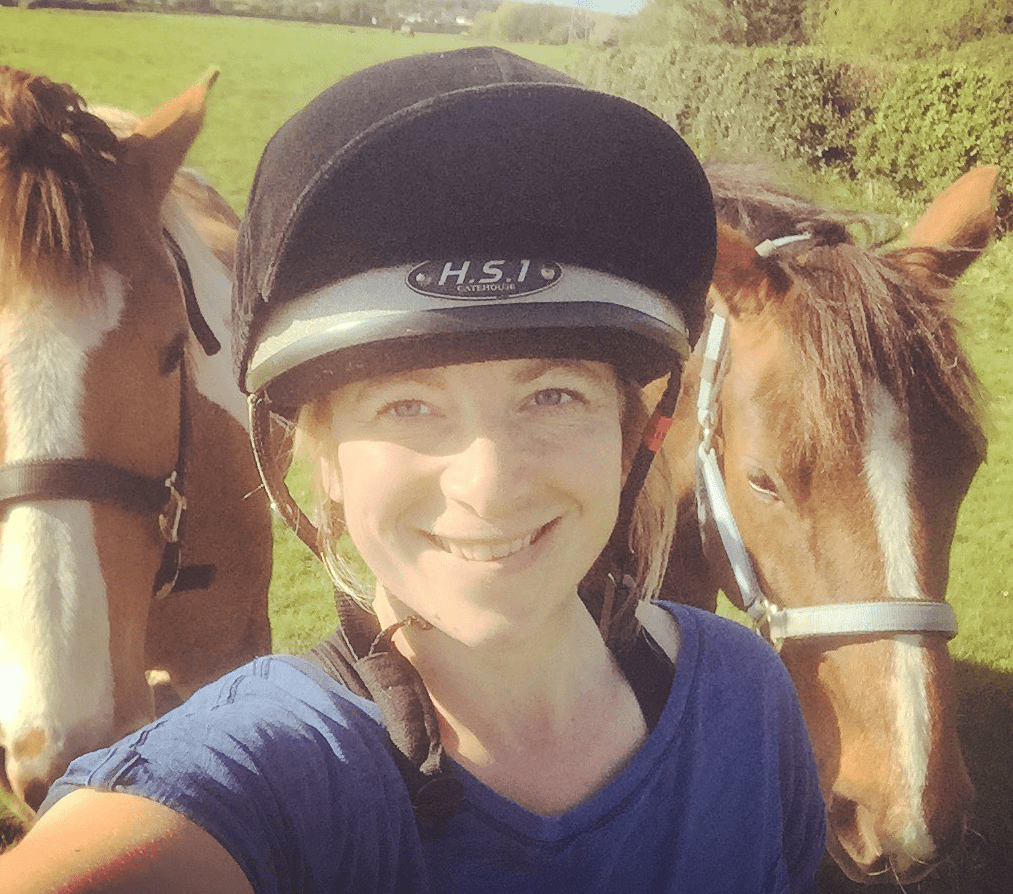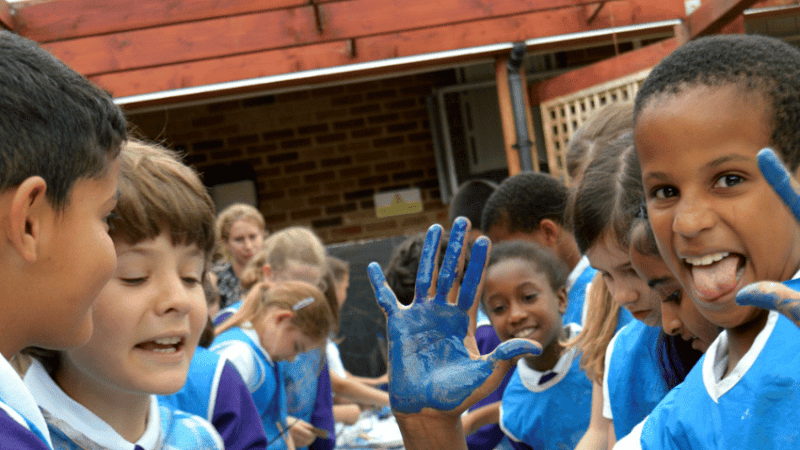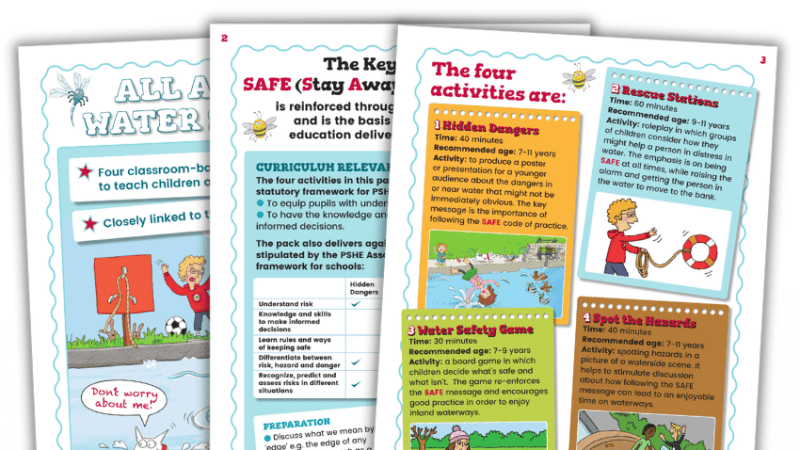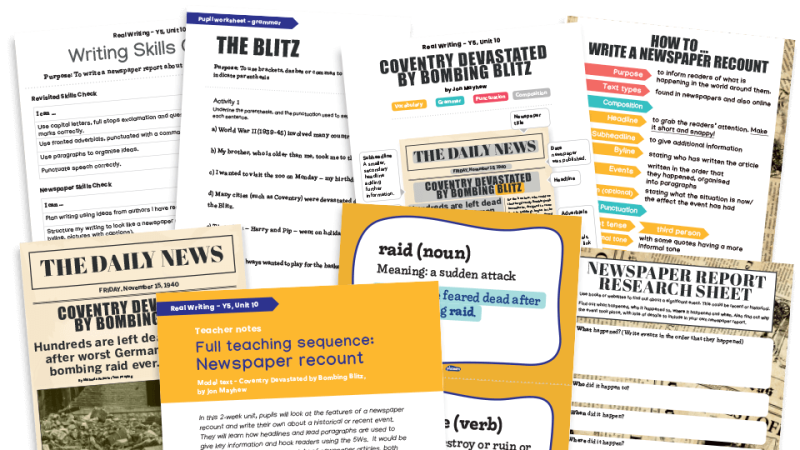Three-Quarters Of UK Children Spend Less Time Outdoors Than Prison Inmates – So What Can We Do About It?
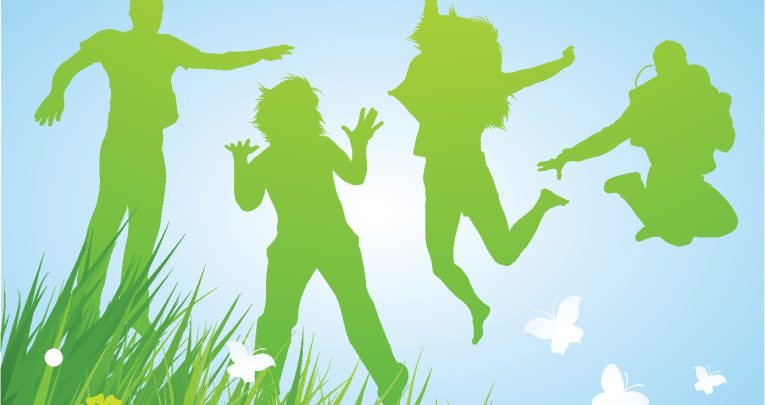
“We should not be enclosing our children in classrooms”

There is a growing body of research which suggests that direct exposure to nature is critical for healthy childhood development and for the physical and emotional health of children and adults. So what happens to teaching and learning when it is taken outside?
Growing up in a semi-rural county, without a tv in my bedroom and free from a console addiction resulted in me spending hours and hours outside: climbing trees, riding my bike, walking my neighbour’s dog, blackberry picking, horse-riding. As a result, being outside is essential for my wellbeing.
There is also convincing evidence that human beings have an innate need for nature: a concept known as ‘biophilia’, which refers to our primal urge to connect with the natural world. But I’m teaching children who can’t identify a magpie or the difference between a bee and a wasp. Their bedrooms are no longer a place of punishment, but instead a social media sanctum.
Transformational learning
Research by Aric Sigman has found that children exposed to nature score higher on concentration and self-discipline; have improved awareness, reasoning and observational skills; do better in reading, writing, maths and science; are better at working in teams; and show improved behaviour overall. So why do we close the classroom door? And what happens when we free our students from behind their desks and take learning into the great outdoors?
In my experience, taking students outside can be hugely rewarding. One particular learner, who found it really challenging to get his behaviour right in the classroom was exactly the student I thought I wouldn’t want to take outside – he was too risky. However, his behaviour choices changed dramatically when he left the school buildings: he was polite, cooperative, helpful, kind. In fact, he turned into a leader, someone his peers could turn to for support – for perhaps the first time.
Powerful potential
My husband’s business, Channel Training, provides outdoor education and training for children and adults. The work he does with the most challenging of students and the most disaffected of adults is inspiring.
“Outdoor learning provides learners with immediate feedback and due to the nature of the activities learners have a vested interest in the outcome, for example, getting the balance point wrong in a canoe will result in getting wet!” says director Darren Sherwood. “Its power and potential, however, is more to do with the wider learning opportunities that surround outdoor learning, such as: organisation of kit and equipment; meaningful interaction with others to achieve a common goal; opportunities to reflect and review practice; and more importantly to act on those findings. Learners can have a greater hand in shaping their journey.
“In an age of social media when the consequence of our actions are not always immediate,” Darren continues, “the outdoors brings into sharp focus the ramifications of your actions on others. While learners may choose not to (or not be able to) deal with those consequences in the first hand, they will not forget the impact their words and actions had. The skill of an outdoor practitioner is to show them the pathway to take to make sense of those emotions, actions and consequences – but allow them to take this journey independently.”
A limitless resource
Providing children with the opportunity to learn outside exposes them to the weather, nature, wildlife and seasons – they can learn to manage risks, solve problems, manage and thrive outside of their comfort zone and develop creativity in this endless, limitless resource.
Our most vulnerable students, who do not regularly spent time outside in a meaningful way, deserve to do so – I can’t help but feel that we should not be enclosing these children in classrooms, sat behind desks. A Guardian article published in March 2016, by Damian Carrington, revealed the shocking truth that three-quarters of UK children spend less time outdoors than prison inmates. Our students need to be set free.
Caroline Sherwood teaches English at South Molton Community College in Devon, is Pupil Premium champion and teaching and learning lead. Caroline is also a Specialist Leader in Education with the Dartmoor Teaching School Alliance and is project director for Women Leaders in Education in the South West.





